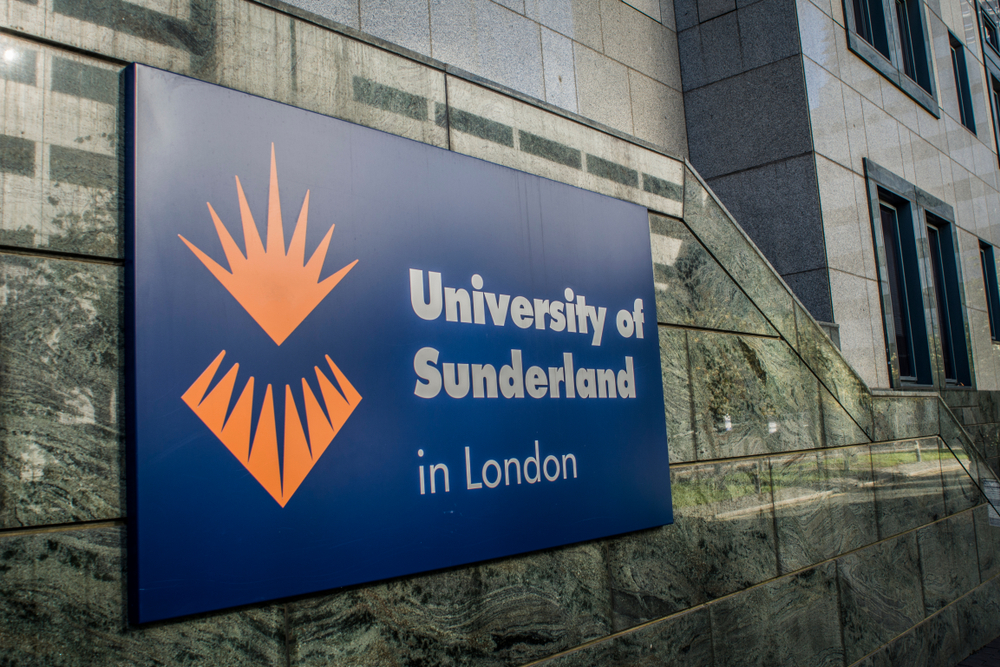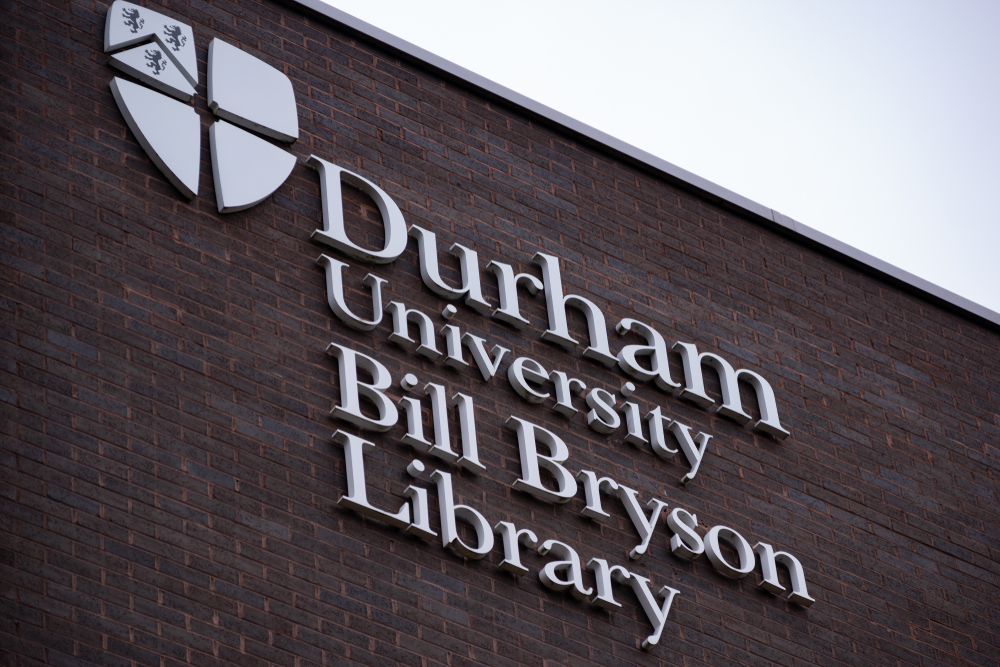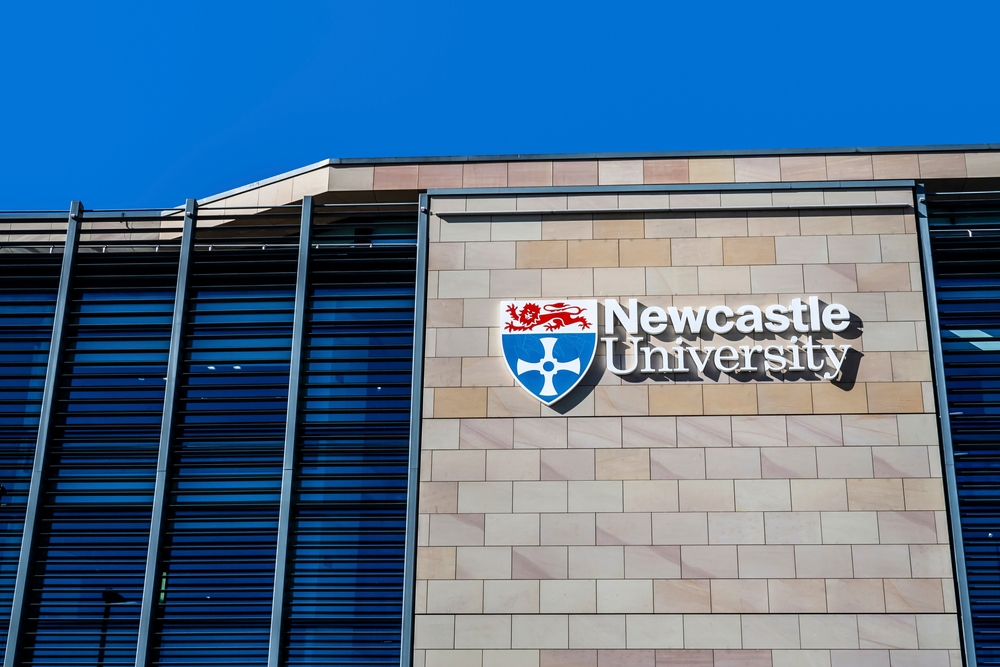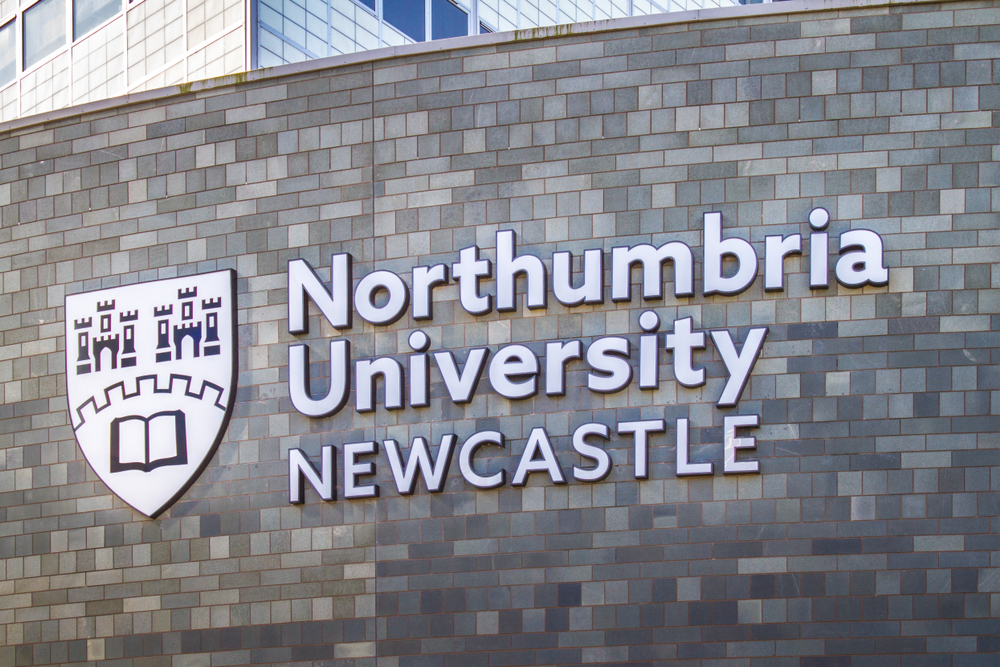
October 1963. The Beatles have been at number one for six weeks with She Loves You. Meanwhile, in 10 Downing Street, a report of huge significance lands on the desk of the new Conservative prime minister, Alec Douglas-Home — the Robbins Report on the future of higher education.
At a time when only 5% of the cohort went to university, Robbins proposed that university places should ‘be available to all who were qualified for them by ability and attainment’. With an election looming, Douglas-Home took the astonishing step of going on television to accept the report in its entirety on the very day of its publication.
The promise has been amply fulfilled — numbers in higher education have increased from 197,000 in 1967-68 to 2.9 million in 2021-22 — and we can see the visible consequences all around us. In his superb review of the post-war welfare state, Nick Timmins observes that in the wake of Robbins, ‘money flowed as if from mountains…great tracts of green fields disappeared under expanding universities and halls of residence’. The race was on.
Certainly, in our region, the number of students is very big business indeed: Newcastle University hosts 27,000 students, Northumbria 26,000, Durham 20,000, Teesside 20,000, and Sunderland 15,000. Durham ranks 78 in the World University Rankings with Newcastle coming in at 110; Northumbria was acclaimed Best University in the UK by the Times Higher Education Supplement in 2022; Sunderland is a Top 50 UK university in the Guardian University Guide; and Teesside is ranked in the top half of global ‘young’ universities.

This should, and indeed does, rank as a success story for the country and for the North East. Yet clouds are gathering. Are we in danger of ruining a major achievement?
There are now almost 300 higher education providers in the UK, and a recent study by London Economics estimated the direct and indirect economic impact to be around £115 billion. This national impact is reflected regionally — a review of the five universities in the North East has concluded that they contribute £2.2 billion to the regional economy and support over 34,000 jobs.
In addition, Newcastle, Durham, and Northumbria are ranked in the top 25 UK universities in terms of research power — a vital springboard for innovation. Attracting international students has been an important part of this success story. The UK has long been a leading destination for international students and academics (since 2010 their number has increased by 70%) and this is a tribute to the status of our scholarly institutions.
Why, then, should these achievements now be at risk? The answer, as ever, is politics. There are three political threats to our higher education institutions: funding, migration policy and ideology.
Underfunding is inflicting crippling losses on universities. The undergraduate tuition fee has been capped at £9250 since 2017 and will be worth less than £6000 in real terms by 2025/6. On some estimates this amounts to an annual average loss of £4,000 per domestic student. Meanwhile, funding for teaching has fallen by around a fifth since 2010, students are faced with decades of debt, and maintenance grants for poorer students ended in 2016. Many universities have already begun closing ‘unprofitable’ courses — in our region, Sunderland dropped history, politics, and modern languages back in 2020.

The built environment of universities, on the other hand, has visibly improved (a vital part of their marketing strategies) but the funding was often raised when interest rates were low; rising interest rates and inflation has now contributed to their parlous financial position. And to cap it all, there is poisonous industrial unrest amongst university staff, unhappy students, a lack of student accommodation and ballooning debt. Shitij Kapur of King’s College, London, describes UK universities as being stuck in a ‘triangle of sadness’ and estimates they suffer from the lowest public contribution of any OECD country.
The way many universities have managed to cope with this level of underfunding is by attracting international students. These students are financial gold dust to universities since, unlike domestic students, their fee levels are uncapped. While a domestic student will pay no more than £9250 pa in tuition fees, the sky’s the limit for overseas students. At Durham, for example, one year of undergraduate study amounts to £24,900 for a Combined Honours in Social Sciences.
This financial lifeline is now at risk of becoming a victim of the government’s tough stance on migration which will make it difficult for most overseas students to bring relatives (including children) to the UK while they study. It will also end the graduate visa programme that allows them and their dependents to stay for a further two years and work. Competitor nations such as the USA, Canada, France, and Australia, all take a much more liberal approach.

These restrictions could prove to be existential for some institutions. Our regional universities vary in their dependence upon the contribution of overseas students. Amongst those undertaking first degree courses, Teesside was the least dependent (5.9%), compared to Northumbria (10.8%), Newcastle (13.5%), Sunderland (17.2%) and, in the case of Durham, a whopping 22.8%. While the status to attract international students is a strength, the financial dependence upon them constitutes a high risk.
Newcastle is reckoned to have over 150 nationalities represented on campus; Northumbria has already announced budget cuts of £12.5 million and a drive to recruit more home students, because of these concerns about the international student market.
- Read more: The Business Clinic finds cure for clients
Even more fundamentally, there is an ideological issue at stake here, one that goes back to the previously unchallenged Robbins principle on access to degree level study. There are now voices that suggest the entire mission has been ‘dumbed down’ and that the closure of an entire institution might be both necessary and desirable.
This whispering campaign often starts with jibes about ‘Mickey Mouse’ degrees – an odd target given the enduring success of this Disney creation. Some of these targeted courses like media studies are in fact strongly vocational and central to the knowledge economy – they would, for example, be indispensable to the proposal from Fulwell 73 to develop a film studio at the Crown Works in Sunderland.

The criticisms are not just about academic content; they are also about ‘rip off degrees’ defined in terms of low graduate salaries — the notion that the primary purpose of education is to secure a financial reward. The Education Secretary herself has recently suggested that students attend university ‘because they don’t know what else to do’ — a frontal assault on the inherent value of developing an enquiring and curious mind. We have come a long way from the argument in the Robbins Report on the virtue of ‘the promotion of the general powers of the mind…of cultivated men and women.’
It is only a short step beyond this to taking a complacent view of the prospect of a major institutional collapse. Rumours abound about certain high-risk universities — Lincoln, Sheffield Hallam, Coventry, amongst them. There is no clarity on what would happen to students, to staff, to the physical estate and to the local economy. While there is no suggestion that the five universities in our region are anywhere near this position, as Robert Macintosh of Northumbria University has argued, such an eventuality would be catastrophic.

As we move into this election year, neither of our political parties appear to have much to say about this crisis in higher education. Conservative politicians — perhaps having noticed that graduates are proportionately much less likely to vote for them — seem to have concluded that the sector is breeding ‘anti-conservative’ (or ‘woke’) values.
Meanwhile, although Labour has pledged to ‘break down barriers to opportunity at every stage’, it has yet to fully outline what this means for the higher education sector. Lord Robbins — although a noted free market economist — would surely be alarmed at what three decades of market economics has done to our universities. We should all be.
Bob Hudson is Visiting Professor in Public Policy at the University of Kent. Bob was born and raised in Sunderland and lives in Durham.

Morpeth Chantry Bagpipe Museum has more than 120 sets of pipes, including Northumbrian pipes, Northumberland being the only English country with its own musical instrument











3 thoughts on “Are universities in trouble?”
Really interesting article – universities are so important to the North East . It would be interesting to unpack. The total regional economic impact – their role in attracting tourism – conferences , events visiting families and friends and alumni .
Hi Andrew – this report from 2023 might be of interest (follow link in article) https://www.ncl.ac.uk/press/articles/latest/2023/02/intune/
The figures for international students on UG courses are relatively low. However, it is very different picture for post-graduate courses, with many MSc courses having a very high proportion of international students..
That’s potentially a very big problem.